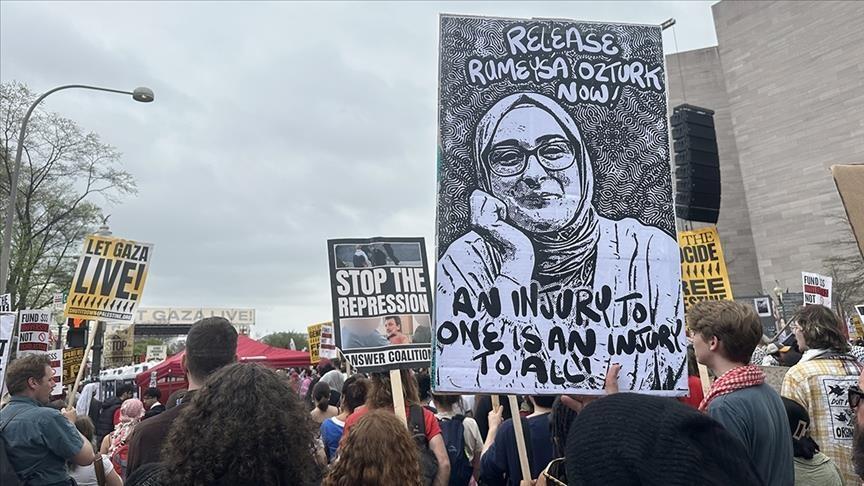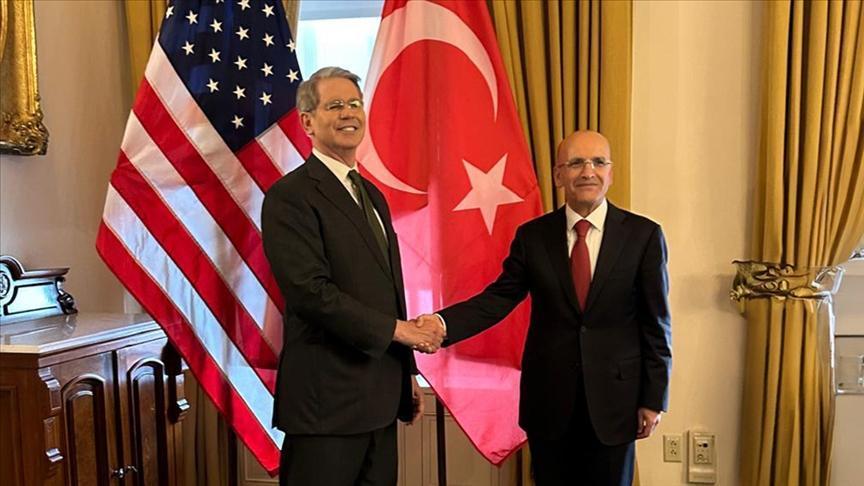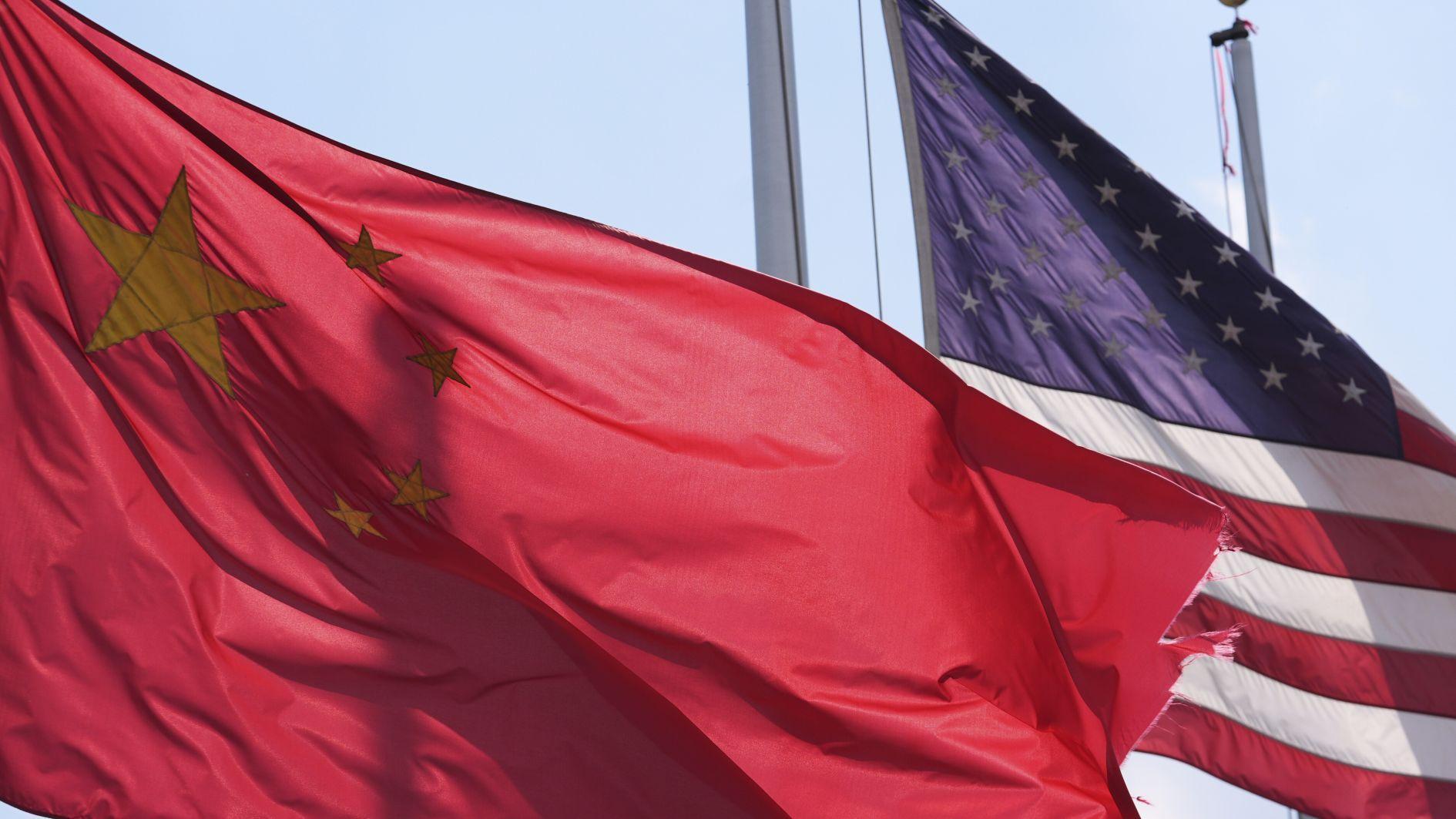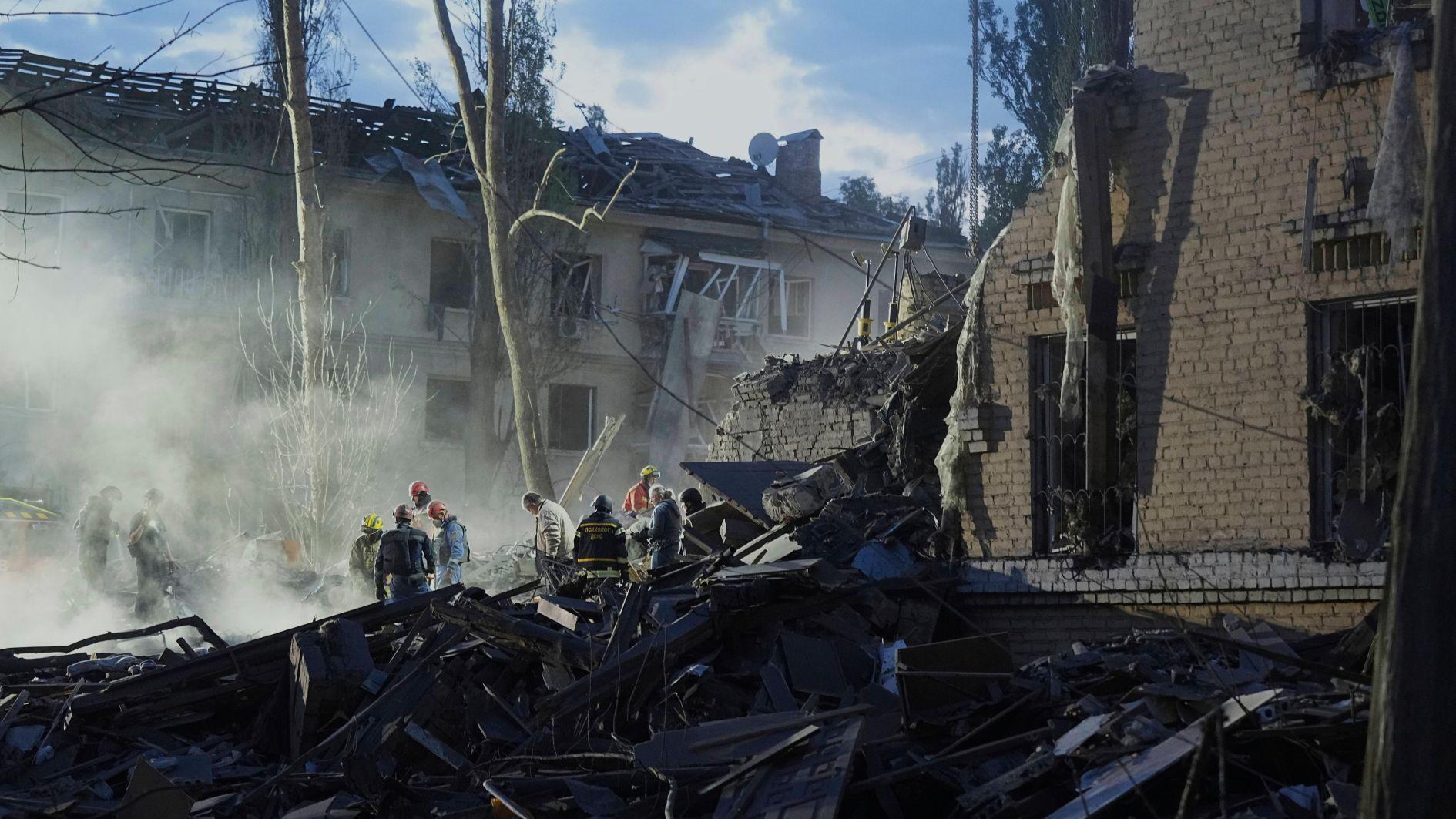Turkey’s role in Syria
The recent change Ankara made in its Syrian policy shows that when Turkey stops dancing to the U.S.’s tune, it becomes more effective and obtains better results.
After Turkey reconciled with Russia after months of tension over the jet downing crisis, it strengthened its hand against the U.S. and was able to be included again in the Syrian equation. If Ankara had not made this change it would only have been able to keep watching what is going on in Syria with its hands tied.
While Ankara, as a member of the coalition, prioritized maintaining harmony with Washington, the U.S. was not bothered that Turkey was paralyzed. On the contrary, it was content with this state of affairs. Turkey being stuck at the Syrian border helped facilitate Washington’s support for the formation of a Kurdish corridor. The reason for the U.S. objections to Turkey’s demands for a safe zone from the beginning was its preference for forming this corridor.
Turkey’s solving of its crisis with Russia and its determination to take action with its own military force changed this equation. Recent U.S. efforts to learn more about repaired Turkey-Russia relations show that this policy change has been effective: Ankara stopped dancing to Washington’s tune and started using its own power.
Turkey is now undertaking a significant role in Syria. Turkey now shoulders much majority of the refugee burden from Syria, sends most humanitarian aid to Syria despite attacks by the PKK-PYD-YPG and the Islamic State of Iraq and Levant (ISIL), and has just suffered the trauma of the July 15 coup attempt. Despite all this, none of Ankara’s “friends and allies,” primarily the U.S., have turned a hair to its recent operation in Syria.
This situation shows Ankara that the most correct path was to take action with its own force, without expecting anything from anyone. With its move supported by military power, Turkey weakened Western policies based on terror organizations.
From now on, Turkey’s role will also be important in the decision mechanisms to be organized for Syria. The U.S. will now not be able to make arrangements on our borders as it wishes without taking into account Turkey’s reaction.
The Syrian civil war and the attitude of the Western world in this war suggested to Turkey that it was being dragged into a disintegration process. The backlash to this has been nationwide and fierce.
Turkey’s new role and its military power are now a real issue. It will never consent to any formula that might affect its interests. With the Euphrates Shield Operation, Ankara managed to strike the biggest blow against ISIL. The U.S. can no longer use the argument that Turkey is supporting ISIL. But Ankara can take a stand against Washington for its support of the PKK-PYD-YPG.
Turkey’s target is safeguarding its borders and preventing the formation of a state structure dominated by the PKK-PYD-YPG. It has no other aim. It is not eyeing Mosul or Aleppo.
It is possible for Ankara to make more contributions to the anti-ISIL coalition, and it has openly reiterated this. The rest is up to the U.S. If it wants to conquer Raqqa with the YPG, then it has to face the consequences.
The dimension that concerns Turkey is protecting its own democratic, secular state order, national unity and territorial integrity.
Ankara has drawn important lessons in this period, now it is time for the U.S. to do the same.











